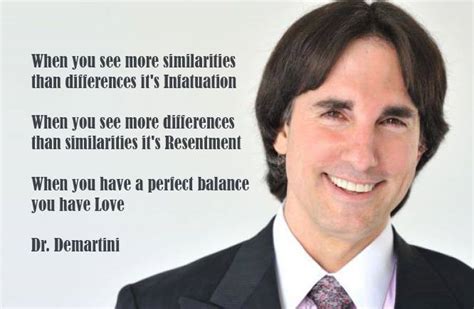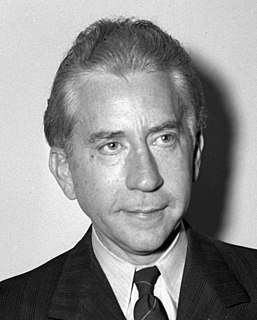A Quote by John Woolman
I saw that a humble man, with the blessing of the Lord, might live on a little; and that where the heart is set on greatness, success in business did not satisfy the craving, but that commonly with an increase of wealth, the desire of wealth increased.
Related Quotes
During the last two years the wealthiest 14 Americans saw their wealth increase by $157 billion. This is truly unbelievable. This $157 billion INCREASE in wealth among 14 individuals is more wealth that is owned, collectively, by 130 million Americans. This country does not survive morally, economically or politically when so few have so much, and so many have so little.
Between 2013 and 2015, the wealthiest 14 people saw their wealth increase by $157 billion. This is their wealth increase, got it? Not what they are worth. Increase. That $157 billion is more wealth than is owned by the bottom 40 percent of the American people. One family, the Walton family, owns more wealth than the bottom 40 percent.
It is true that so far as wealth gives time for ideal ends and exercise to ideal energies, wealth is better than poverty and ought to be chosen. But wealth does this in only a portion of the actual cases. Elsewhere the desire to gain wealth and the fear to lose it are our chief breeders of cowardice and propagators of corruption. There must be thousands of conjunctures in which a wealth-bound man must be a slave, whilst a man for whom poverty has no terrors becomes a freeman.
The art of wealth-getting which consists in household management, on the one hand, has a limit; the unlimited acquisition of wealth is not its business. And therefore, in one point of view, all riches must have a limit; nevertheless, as a matter of fact, we find the opposite to be the case; for all getters of wealth increase their hard coin without limit.
If we understand the dangers of materialism, it will help liberate us to experience the joys of Christ-centered stewardship. Jesus speaks of the "deceitfulness of wealth" . The psalmist warns, "Though your riches increase, do not set your heart on them" . The dangers of materialism are far-reaching. We should not think that we're immune to the value-changing nature of wealth.
It is commonly observed that a sudden wealth, like a prize drawn in a lottery or a large bequest to a poor family, does not permanently enrich. They have served no apprenticeship to wealth, and with the rapid wealth come rapid claims which they do not know how to deny, and the treasure is quickly dissipated.
The early Rockefellers made their wealth from being in certain businesses and remained personally very wealthy. Tata's were different in the sense the future generations were not so wealthy. They were involved in the business but most of the family wealth was put into trust and most of the family did not in fact did not enjoy enormous wealth.
Sri Yukteswar used to poke gentle fun at the commonly inadequate conceptions of renunciation."A beggar cannot renounce wealth," Master would say. "If a man laments: 'My business has failed; my wife has left me; I will renounce all and enter a monastery,' to what worldly sacrifice is he referring? He did not renounce wealth and love; they renounced him!"Saints like Gandhi, on the other hand, have made not only tangible material sacrifices, but also the more difficult renunciation of selfish motive and private goal, merging their inmost being in the stream of humanity as a whole.
We see that there are two different kinds of...societies: (a) parasitic societies and (b) producing societies. The former are those which live from hunting, fishing, or merely gleaning. By their economic activities they do not increase, but rather decrease, the amount of wealth in the world. The second kind of societies, producing societies, live by agricultural and pastoral activities. By these activities they seek to increase the amount of wealth in the world.




































